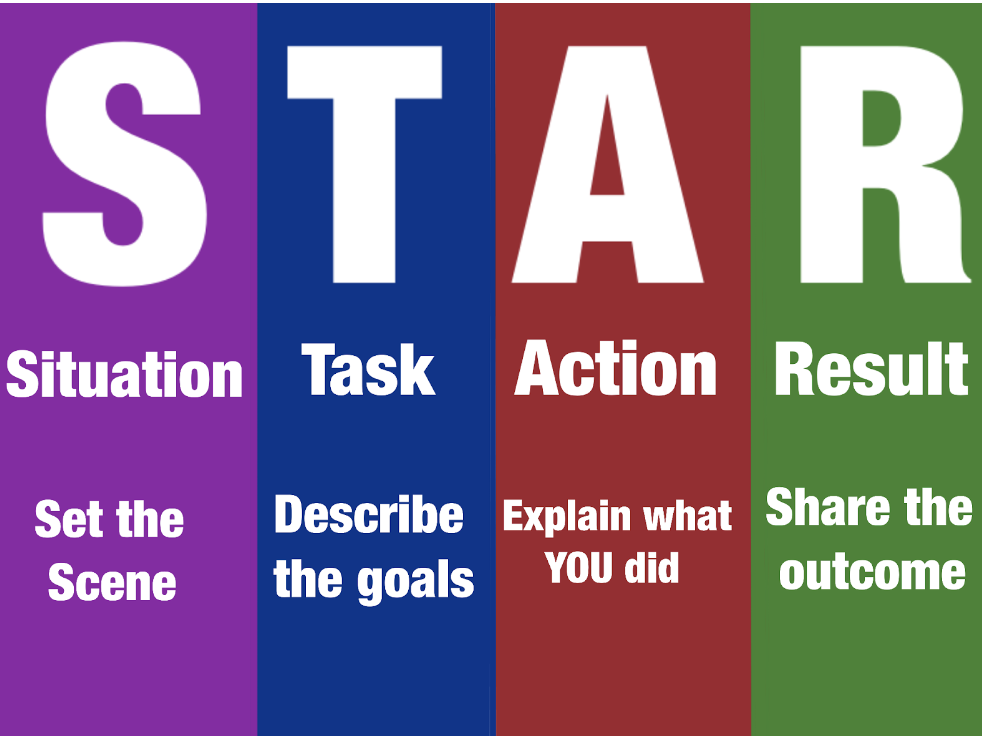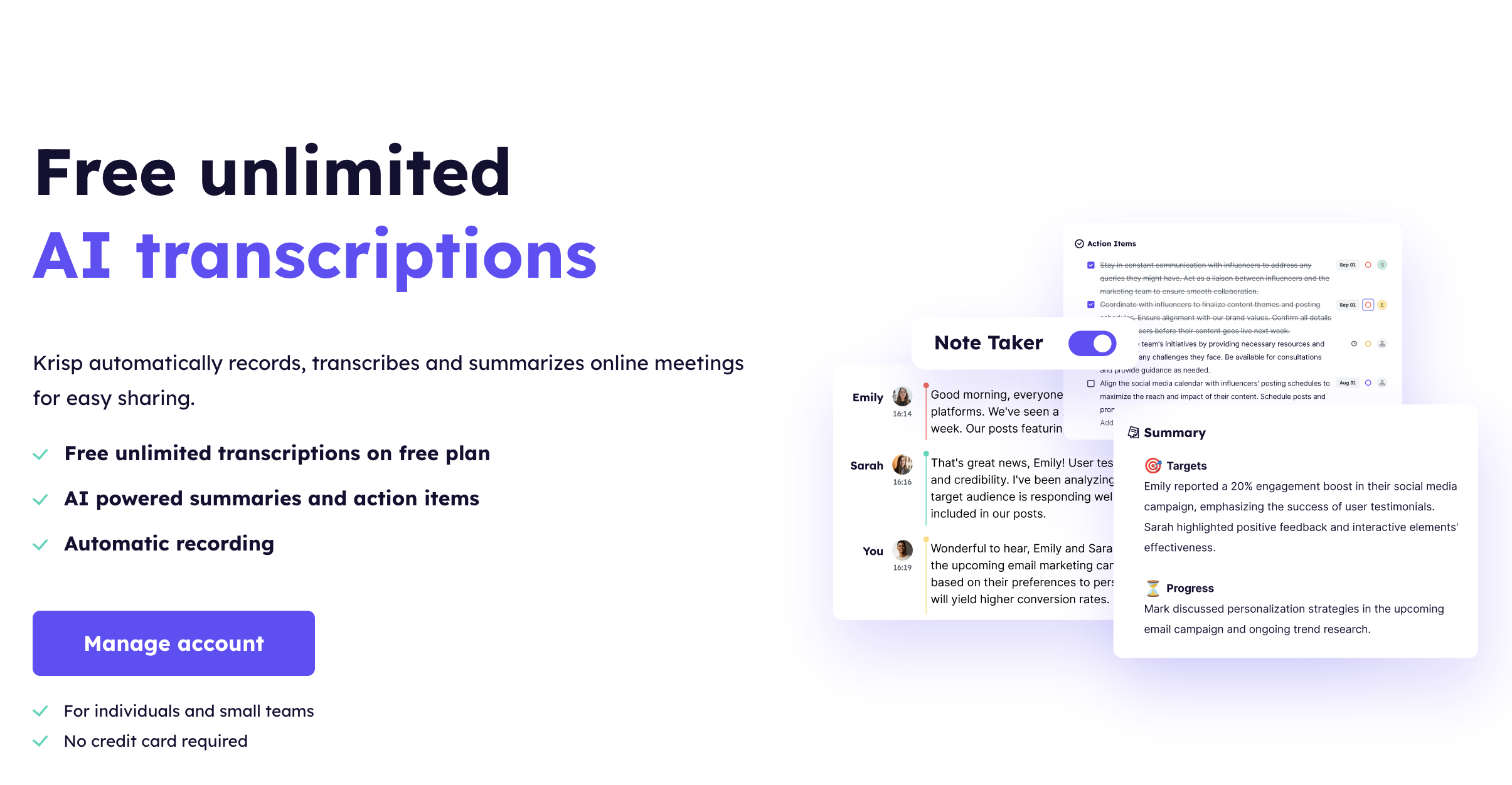The screening interview is often your first direct interaction with a potential employer—a chance to make a lasting impression while standing out among other candidates. It’s your opportunity to convey why you’re the right fit for the role, as well as gauge whether the company is a good match for you. With proper preparation and some key strategies, you can navigate this initial step of the hiring process with confidence and increase your chances of moving forward.
Here’s everything you need to know to succeed in your screening interview, from understanding its purpose to mastering your responses.
What is a Screening Interview?
A screening interview is a preliminary interview conducted to narrow down the pool of candidates before proceeding with more in-depth interviews. This interview is often short, lasting around 15-30 minutes, and can be conducted over the phone or via video conferencing. The primary goal is to verify that you meet the basic qualifications for the role, assess your fit for the company culture, and clarify any initial questions about your experience and expectations.
Common Screening Interview Questions
Here are some common questions you might encounter, along with suggestions on how to answer them effectively:
There are five main types of questions that you should prepare for during an HR screening interview. While every organization and interviewer is different, these categories serve as a guide to help you anticipate and effectively answer potential questions. Preparing for these will increase your chances of success.
1. Motivations
Interviewers want to understand why you’re interested in the position and what drives you professionally. Be ready to explain what excites you about the role, the company, and how it aligns with your long-term career goals. A well-thought-out answer shows that you’ve put genuine thought into your application.
Example Question:
“Why are you interested in this position?”
Sample Answer:
“I’m excited about this position because it offers an opportunity to combine my passion for digital marketing with my expertise in content strategy. I’ve been following your company for a while, and I admire your innovative approach to social media campaigns. I’m confident that my skills in creating engaging content can help take your digital presence to the next level, and I look forward to contributing to your team.”
2. Background
These questions are aimed at getting to know your professional journey so far. Be ready to summarize your experience, highlighting your strengths and relevant achievements. This is your chance to make a solid first impression by aligning your background with the job requirements.
Example Question:
“Can you tell me about your background?”
Sample Answer:
“I have five years of experience in software development, specializing in front-end technologies like React and Angular. In my most recent role at XYZ Tech, I led a team of developers to redesign the company’s e-commerce platform, which improved the user experience and increased conversions by 15%. I’m looking for a role where I can continue to grow and contribute to a forward-thinking team like yours.”
3. What You Bring
Interviewers want to know how your skills and experience will contribute to their team. Focus on the unique value you bring and how it directly relates to the job you’re applying for.
Example Question:
“What strengths can you bring to this role?”
Sample Answer:
“My strongest skills are project management and problem-solving. I’ve consistently demonstrated my ability to deliver projects on time and within budget, even when faced with tight deadlines and complex challenges. In my last role, I managed a cross-functional team that delivered a new product feature two weeks ahead of schedule, thanks to careful planning and proactive communication.”
4. Why Us?
Employers look for candidates who are genuinely interested in their company. Research the company’s values, culture, and goals, so you can demonstrate how your interest aligns with their mission.
Example Question:
“Why do you want to work for our company?”
Sample Answer:
“Your company’s commitment to sustainability and innovation really resonates with me. I’ve read about your recent initiatives to reduce your environmental impact, and I’d love to contribute to those efforts. I believe my background in corporate social responsibility and marketing strategy can help further these goals while also supporting the overall growth of your business.”
5. Salary and Availability
HR often covers practical details like your salary expectations and availability. Be prepared with a range based on market research and know when you’d be ready to start. Stay flexible and open to negotiation.
Example Question:
“What are your salary expectations?”
Sample Answer:
“Based on my research and understanding of the market for this role, I’m looking for a salary range between $70,000 and $80,000. However, I’m open to discussion depending on the overall compensation package and growth opportunities within the company.”
By preparing answers to these key question types, you’ll be more confident and better equipped to demonstrate why you’re the ideal candidate for the role.
What’s the Purpose of Screening Interviews?
Screening interviews are crucial for both employers and candidates. For employers, it helps in efficiently filtering out unqualified candidates, saving time in the hiring process. For candidates, it’s a chance to express interest, clarify details about the role, and make a positive first impression. These interviews set the tone for the rest of the hiring process and determine whether you’ll move to the next stage.
Tips to Prepare for a Successful Screening Interview
1. Review the Job Description
Before the interview, take the time to carefully review the job description. Understand the key qualifications, skills, and experiences the employer is seeking. During the screening interview, focus on aligning your answers with these requirements, ensuring that your skills and background directly reflect what the company needs. Highlight specific achievements or projects that demonstrate your fit for the role.
For example, if the job description emphasizes leadership and project management, you could mention a time when you led a successful project that delivered results ahead of schedule or under budget. Tailoring your responses to the job description shows the interviewer that you’ve done your homework and are a serious candidate.
2. Research the Company
Thorough research on the company is critical for standing out in a screening interview. Go beyond the basic facts about what the company does; dive into its mission, values, and any recent achievements or initiatives. This will allow you to connect your own values and professional goals with the company’s ethos and show that you’re genuinely interested in joining their team.
If the company has recently launched a sustainability initiative, you can discuss how your own work in sustainable business practices aligns with their goals. Showing that you understand the company’s objectives not only makes your responses more compelling but also demonstrates your enthusiasm for the position and the organization.
3. Practice Your Responses
While you don’t want to sound rehearsed, it’s important to practice your answers to common screening interview questions. Prepare responses to key question types, such as your motivations, background, strengths, and why you’re interested in the company. Focus on keeping your answers concise yet impactful, emphasizing your key strengths and accomplishments.
One effective technique is the STAR method (Situation, Task, Action, Result), which helps structure your answers to showcase your problem-solving and achievement-driven mindset. For instance, instead of just saying, “I have strong communication skills,” you could describe a specific situation where clear communication helped your team overcome a challenge, resulting in measurable success.

4. Prepare Your Questions
A screening interview is also an opportunity to evaluate the company and its role. Prepare thoughtful questions about the company’s culture, growth opportunities, or specific projects you may be involved in. Asking insightful questions shows you’re engaged, curious, and genuinely interested in learning more about the position.
You could ask:
- “What are the biggest challenges currently facing the team?”
- “How does the company support employee development?”
- “Can you describe the company culture and how teams collaborate?”
This not only signals your engagement but also helps you gather important information to assess whether the company is the right fit for you.
5. Use Technology to Your Advantage
With many screening interviews conducted virtually, it’s crucial to make sure you’re comfortable with the technology. Tools like Krisp can significantly improve your virtual interview experience.
Krisp is essential for candidates in virtual screening interviews because it enhances the overall communication experience, ensuring clarity and professionalism, especially in environments where distractions can be a challenge. Here’s why it’s important:

- Noise Cancellation for Clear Communication: Krisp’s real-time noise cancellation technology eliminates background noise, allowing you to communicate without interruptions. Whether you’re in a busy household or near external noise sources, Krisp ensures that your voice remains the focus. This gives candidates an edge in presenting themselves as professional and well-prepared.
- AI-Powered Note-Taking: Krisp’s automatic transcription and note-taking feature are invaluable during interviews. It captures the entire conversation, highlighting key points so you can focus on engaging with the interviewer rather than worrying about taking notes. After the interview, these notes provide an easy reference for follow-up actions, helping you review important details, such as job expectations or next steps, and prepare better for future rounds.
- Enhanced Post-Interview Review: By leveraging Krisp, candidates can revisit the transcription of their interview to analyze their performance, identify areas of improvement, and tailor responses for future stages of the process. This detailed insight ensures that nothing crucial is missed and helps you stay organized throughout your job search.
What to Do During Your Screening Interview
- Be Punctual: Always log in or be ready a few minutes before the scheduled time. Punctuality demonstrates respect for the interviewer’s time and shows your professionalism, whether it’s a phone call or a video interview.
- Stay Focused and Engaged: Pay close attention to the interviewer’s questions and offer thoughtful, well-constructed responses. If it’s a video interview, maintain eye contact and minimize distractions. Tools like Krisp can help by canceling background noise and ensuring a clear and undisturbed conversation.
- Clarify Key Points: Don’t hesitate to ask for clarification if something is unclear. This prevents misunderstandings and shows you’re engaged and committed to fully understanding the role.
- Show Enthusiasm: Let your enthusiasm for the role and the company shine through whether it’s a phone or video interview. Smile when appropriate and communicate your genuine interest. This positive energy can make you more memorable to the interviewer.
What to Do After Your Screening Interview
- Send a Thank-You Note: Within 24 hours of your interview, send a concise email thanking the interviewer for their time. This is a chance to reaffirm your interest in the role and express your enthusiasm for the next steps, leaving a lasting impression.
- Reflect on Your Performance: Take some time after the interview to reflect on how it went. If there were any questions that caught you off guard, think about how you could handle them more effectively next time. Self-reflection helps refine your approach for future interviews.
- Review Your Notes: If you used Krisp’s AI note-taker during the interview, review the key points and action items captured. This will help you remember important details and be better prepared for any follow-up interviews or discussions.
- Be Patient: The hiring process can take time, so give the company at least a week or two before following up if you haven’t received a response. Patience shows professionalism and allows the company the necessary time to make decisions.
Final thoughts
A screening interview is your first chance to demonstrate your qualifications and enthusiasm for the role. By preparing effectively, practicing your responses, and showcasing your genuine interest in the company, you can make a strong impression and increase your chances of moving forward in the hiring process.
Tools like Krisp can enhance your performance in virtual interviews, ensuring that your communication is clear and professional. Remember to follow up with a thoughtful thank-you note and continue refining your approach for future interviews. With these strategies, you’ll be well-prepared to succeed in any screening interview.


